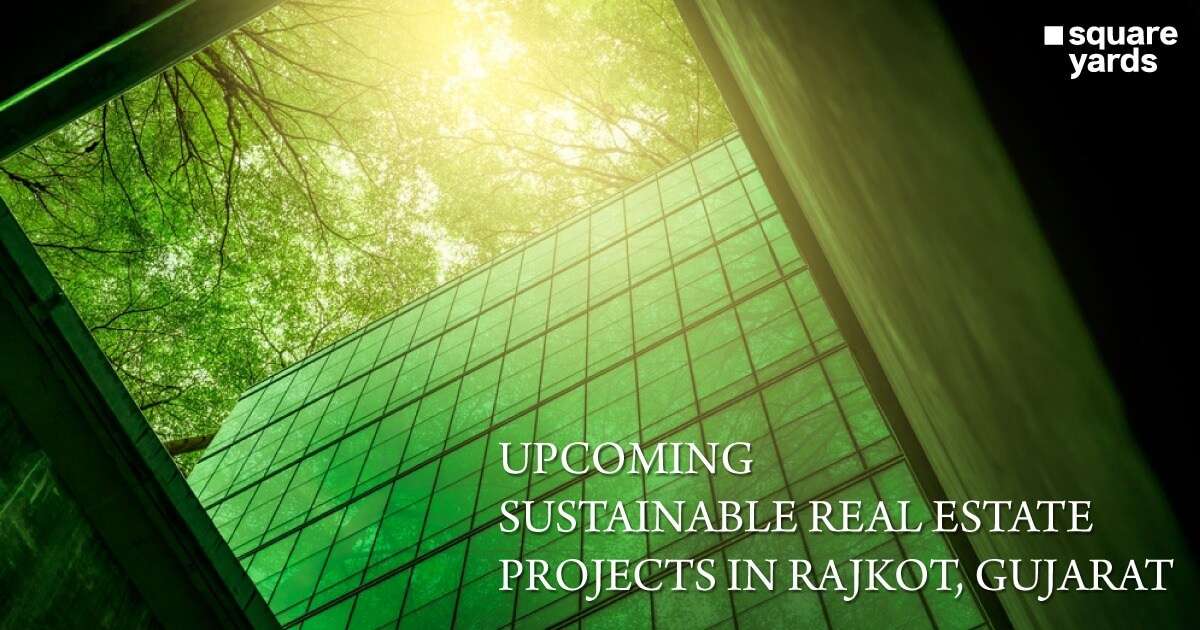Rajkot, Gujarat, has always been sweeping the spotlight for its ingenious and bold approach to sustainable development. Rajkot’s local and regional leadership has fetched several awards for the city in areas such as industrial development, cleanliness and sanitation, and other modern aspects, including building energy efficiency, adopting renewable energy, usage of non-motorised vehicles, and efficient transport system.
Recently, the UNEP (United Nations Environment Programme) picked Rajkot as the first city to build an urban cooling action in India. The prime motive behind this is to fight extreme heat and produce solutions for sustainable cooling. ICLEI South Asia, a non-governmental organization, working in sustainability, made this announcement.
Keep scrolling through the blog to know how the new projects in Rajkot will help combat climate change!
Table of contents
How will Sustainable Development Combat Climate Change in Rajkot?
ICLEI – Local Governments for Sustainability, is the technical counterpart to UNEP in this project. The organisation is developing a customised methodology, along with the UNEP-led Cool Coalition. The latter plans to blend and integrate municipality-led action on extreme heat and sustainable cooling.
According to ICLEI South Asia, Rajkot is situated in a semi-arid zone, which encounters very hot and dry summers. Rising urban temperatures have led to an increase in demand for cooling machines. The combined effort is required across the real estate sector.
The new projects in Rajkot aim to bring together all relevant agencies and municipal departments to create and enforce an integrated urban cooling system. It prioritises the development of energy-efficient buildings, district cooling, green spaces, and other active and passive cooling solutions.
see also – RMC Rajkot: Municipal Corporation of Rajkot
Rajkot’s Participation in the Urban LEDS Project
Rajkot and 36 other cities from various countries participated in the Urban LEDS project. The event was a turning point in the context of mainstreaming climate consideration into the planning and policy actions of the local government.
Such an act is a fundamental directive of the Urban-LEDS project. Mainstreaming indicates that a single person or department in the local government should no longer handle climate concerns. Instead, they must be implanted throughout all strategies, policies, and practices.
To promote the mainstreaming of low-emission urban development, the Urban-LEDS project has employed ICLEI’s methodology of Green Climate Cities (GCC). This, in turn, indulges all associated external agencies and departments within the local government to strategize integrated low-emission development projects in accordance with national targets and objectives.






















